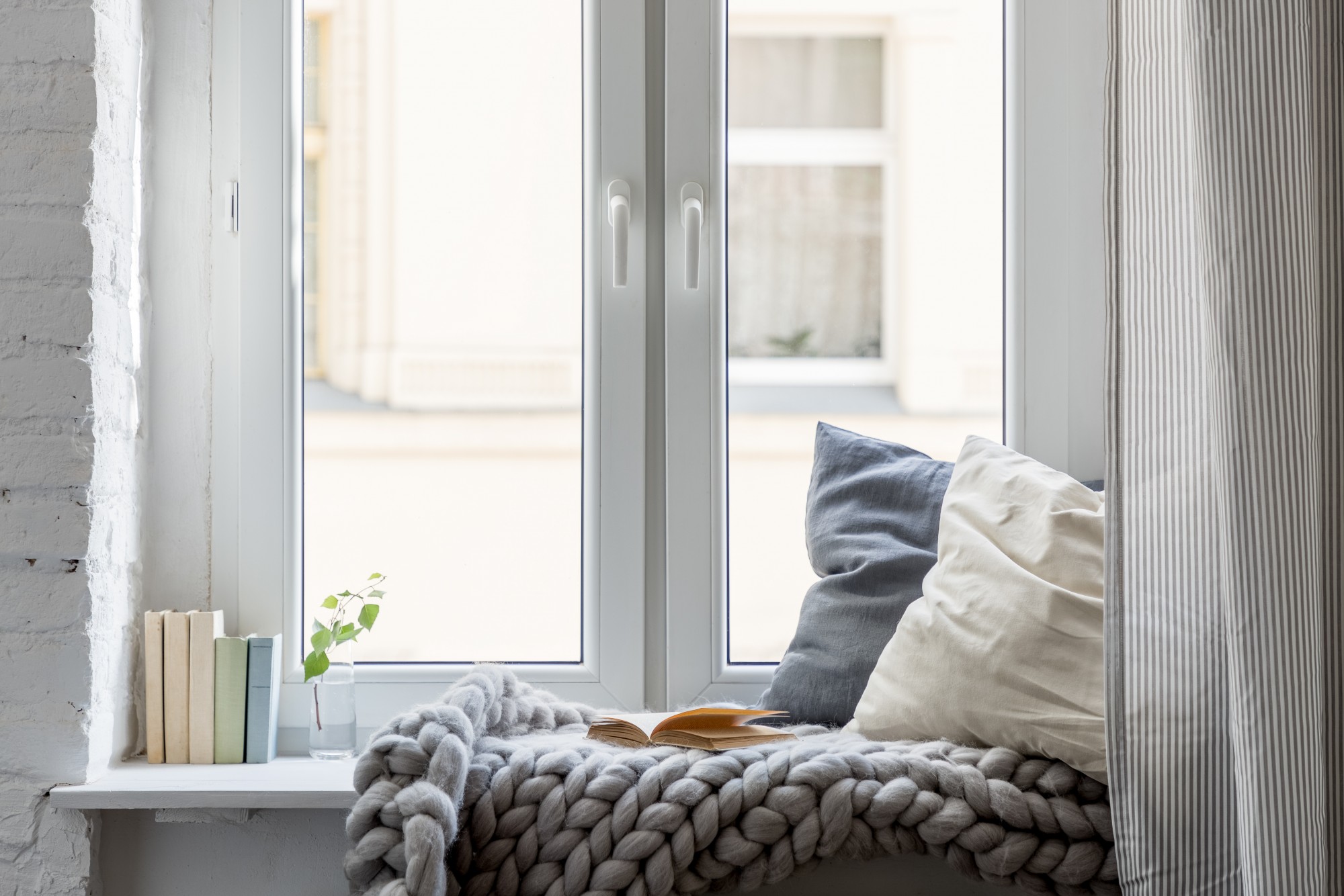
uPVC vs PVC windows
blog | 18.08.2022
Everyone has probably heard of PVC windows. They have been enduringly popular for years among customers who are looking for good quality windows at a reasonable price. Or should we say uPVC windows? Which ones can we install in our home? What is the difference between these abbreviations, or do they mean exactly the same thing? We already explain.
PVC windows – polyvinyl chloride windows
Polyvinyl chloride PVC, is a synthetic polymer belonging to the group of vinyl polymers. The substance is obtained through the polymerisation of vinyl chloride. This compound is used in the production of plastics. PVC has vast applications and the demand for its production is growing year to year. Polyvinyl chloride has been produced for more than a century, making it one of the longest-used synthetic materials.
The popularity of polyvinyl chloride in the production of a wide range of items for various economic and human activities stems from the properties of this material. These properties vary depending on the form of the material produced, i.e. whether it is polyvinyl chloride in hard (unplasticised) or soft (plasticised) form.
uPVC – Unplasticised polyvinyl chloride
Unplasticised polyvinyl chloride shows very high resistance to corrosion and extreme weathering. It is resistant to various chemicals and oils. It can be processed, bonded, dyed and printed without any problems. It is also lightweight. It has very good insulating properties and can be produced in transparent, translucent and opaque forms.
Among other things, it is used for window and door frames, as well as in certain types of plumbing and drainage systems.
PVC – Plasticised polyvinyl chloride
It is a highly ductile, flexible and supple material, yet is resistant to mechanical damage and is characterised by elongation on tearing. Soft PVC is insensitive to extreme weather conditions. It is impervious to oxygen and odours. It is also transparent. PVC has high impact strength and hardness.
It is used, among other things, in the production of cable insulation, floor coverings, building films and much more.
uPVC vs PVC windows
Plastic windows are made from safe PVC that does not contain toxic substances such as phthalates and BPA*. When talking about windows made of this material, we should therefore use the name uPVC. However, in Europe as well as in the rest of the world, everyone knows and uses the abbreviation uPVC. That is why you will find these two abbreviations used interchangeably in many publications. And they will certainly mean the same safe plastic windows.
*An organic chemical compound from the phenol group, used in the production of plastics.
Check out our range of PVC windows:
Summary
Polyvinyl chloride is a tough synthetic polymer with high thermo-plasticity. The material is used in the manufacture of doors and windows because of its excellent performance properties – it is quite resistant to high temperatures, easy to care for, has good insulating properties and its cost remains low (especially compared to the alternatives: timber and aluminium).
PVC windows and doors are completely safe for everyday use. They meet the stringent standards which apply in the European Union.
Looking for PVC windows for your project? Our salesman will help you choose the right profile.
Read also: